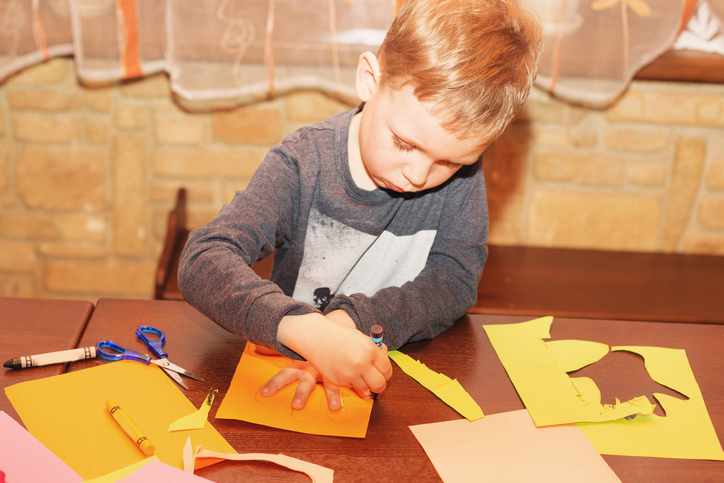trace
(noun, verb)
past tense: traced
 LISTEN
LISTEN


A trace is a piece of evidence of the existence of something.
- The cave drawings are the only trace they have of that civilization.
- There was no trace of the missing woman.
A trace can also be a very small amount or sign of a quality.
- As Martha told us about her father, there was a trace of sadness in her smile.
- Although the teacher seemed calm, Michelle heard a trace of anger in her voice.
Trace also means ‘to investigate the cause of something.’
- The health department traced the food poisoning to the school cafeteria.
- The police traced the stolen goods to an antique shop.
Trace can also mean ‘to draw a copy and follow the lines of the original piece.’
- The children drew turkeys by tracing their hands.
- The chef traced the cake pan on a piece of parchment and placed the parchment circle inside the pan.
Common uses
without a trace: with no clue. Example: “Francie’s husband went out for cigarettes and disappeared without a trace.”
trace element: in biology, an element present in a very low amount. Example: “Chromium is a trace element in the human body.”
In pop culture
Listen to Norah Jones, accompanied by her half-sister, Anoushka Shankar, singing “Traces of You.”
There are other meanings of trace.
Word of the Day is released Monday through Friday.



